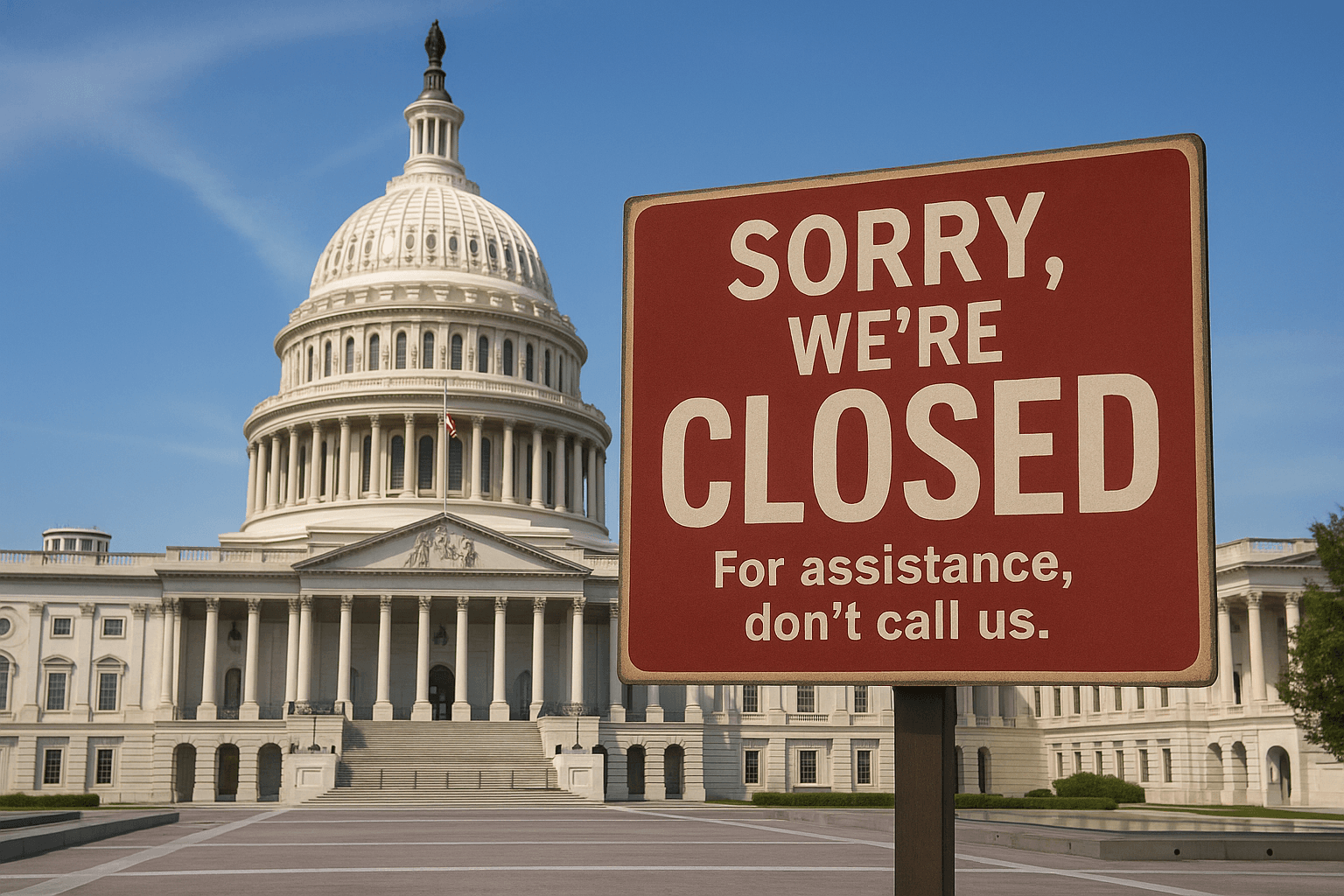The Cromnibus: The GOP's Answer to A Bipartisan Budget

In light of retaking the Senate and winning the most House seats since World War II, the majority of Republican lawmakers are looking to create as close to a bipartisan path forward as possible. Their current proposal to fund the government is just a few months and one major agency short of a full annual budget.
This aforementioned “cromnibus” is a big step in the right direction for a party that is hoping to lay down a solid platform for future electoral success. The term is a portmanteau of “continuing resolution” and “omnibus;” the latter being the more traditional way of funding government while the former has become the piecemeal approach. Fortunately, this may have bipartisan support.
The proposal was crafted quickly and behind closed doors, possibly a tactic to pressure more conservative lawmakers to vote for it. While the spending package includes most government agencies, there is one agency that will not be fully funded for the duration of the continuing resolution -- the Department of Homeland Security.
The DHS oversees the U.S. Citizenship and Immigration Services agency that Obama is using to enforce his executive action on immigration reform. In one of the strongest arguments in favor of Obama’s position, the USCIS is self-funded and therefore outside the appropriations committee's control.
GOP lawmakers are focused on short-term funding for the DHS, but Speaker Boehner will not cave to the conservative wing of his party to completely cut any funding that would allow the president to enforce his executive orders.
The cromnibus also takes on financial regulations, specifically the 2010 reform bill known as Dodd-Frank. TheBipartisan Policy Center approves of the proposal to increase funding for the SEC and the Commodity Futures Trading Commission (CFTC) by up to 10 percent. This will go a long way in funding Dodd-Frank measures like the Volcker Rule.
Massachusetts’ Senator Elizabeth Warren, a Democrat and vocal opponent to the widening power of Wall Street, opposes the roll back of some of these same measures, specifically the Lincoln Amendment.
The Lincoln Amendment in Dodd-Frank restricts financial institutions from mingling FDIC-insured money with certain swaps. The swap, or hedge, is supposed to be “pushed-out” to a non-bank account. There are two mistakes in this process. First, these new accounts would be less regulated. This was a reason why the House passed a similar bill in October 2013 that had wide bipartisan support.
Second, according to the BPC, Sen. Warren’s objection could be nullified by a properly functioning Volcker Rule. Theoretically, the Volcker Rule is supposed to limit how financial institutions manage their own accounts. The way to make that work is by increasing funding to the SEC and CFTC.
Aside from covering immigration and financial regulatory reform, the proposed funding bill allocates $5.4 billion for an Ebola defense. That was short of President Obama’s request of over $6 billion, but it does provide a way to tackle the disease at home and abroad, with most of the money going to the DHHS and USAID.
The vast amount --$554.1 billion -- of the cromnibus is allocated to the Department of Defense. Much like Obama’s request for funds to tackle Ebola, Congress will set the price a little lower. In November, when the president sent 1,500 additional troops to Iraq, Obama also requested $5.6 billion to combat ISIS. That was decreased to $3.4 billion.
Unfortunately, the bipartisan support also comes with bipartisan opposition. With around 1,600 pages and a handful of days to act, that is not surprising. Republican opposition on immigration is voiced strongly by Iowa Rep. Steve King just as Democratic Senator Warren opposes the financial deregulation aspects.
Opponents of this plan may as well call it “cramnibus” due to the short amount of time both chambers have to review all that it contains. Nothing is final until it has the president’s signature so some of the details may change. The bottom line is that the government will not shut down and there will be less budget battles in 2015.
Update: While the bill passed the House in a close 219-206 vote, the Senate has moved on a quick two-day extension so they have time to vote on and pass the bill. That just goes to show how close Congress was to another shutdown. Early media sources list Wall Street, the GOP, and Obama as the big winners while former Speaker Nancy Pelosi carried the dissenting opinion.
Photo Credit: Elena Yakusheva / shutterstock.com



